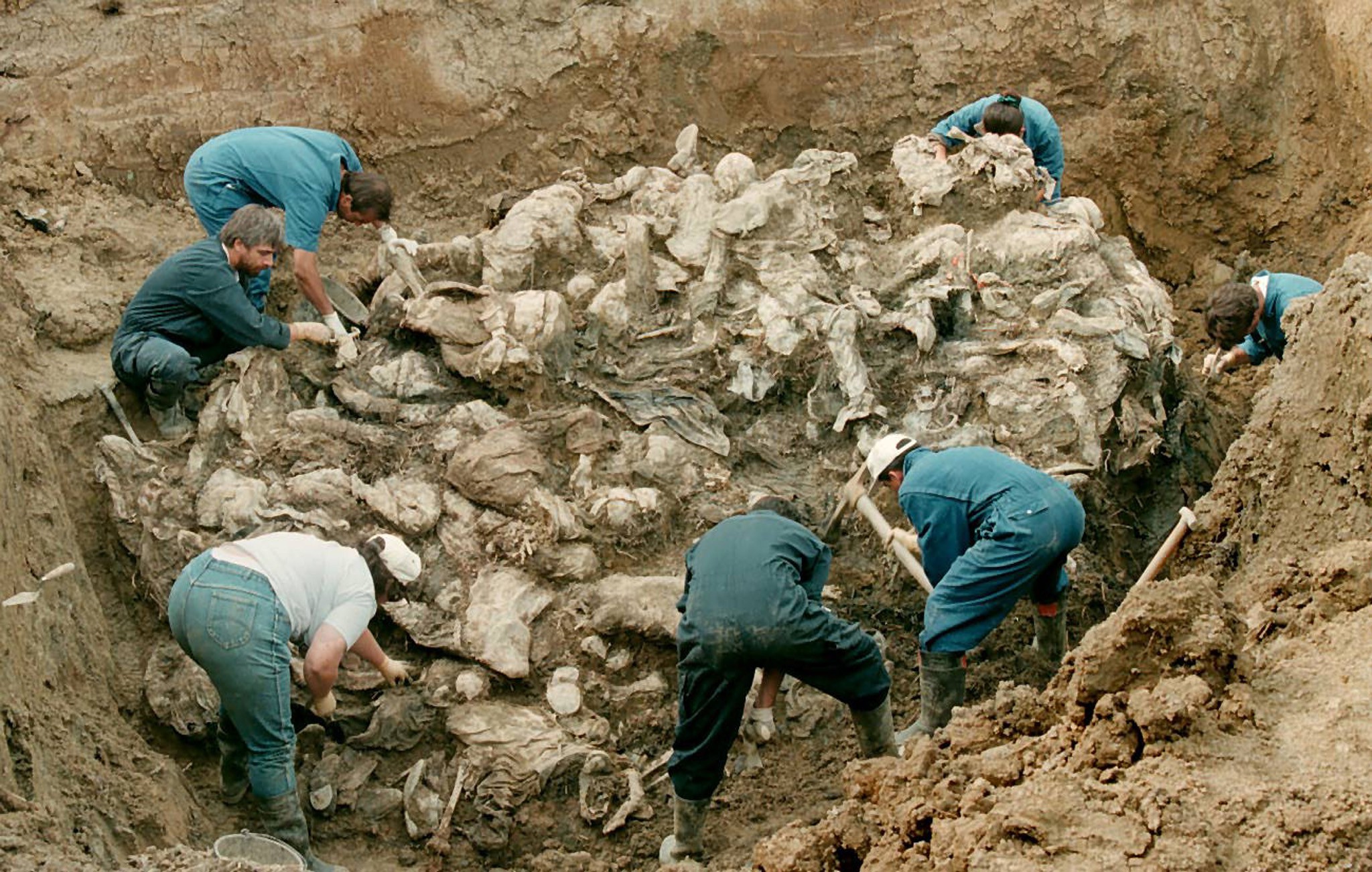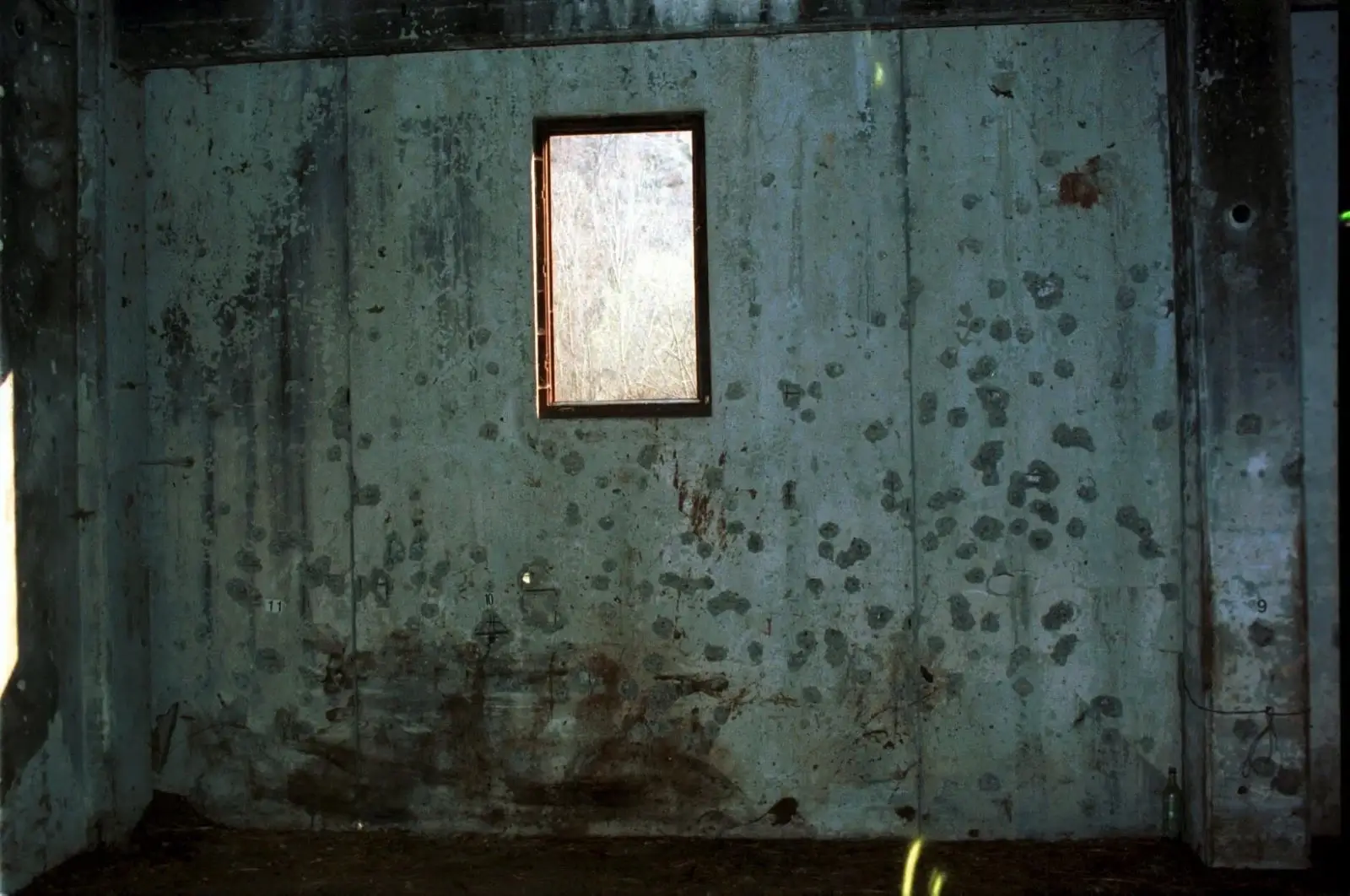This chapter discusses the benchmarks or measurements by which to evaluate the legacy of the International Criminal Tribunal for the former Yugoslavia (“ICTY”). It is my pleasure to contribute this chapter as part of a volume to commemorate the solemn occasion of the twenty-fifth anniversary of the Srebrenica genocide. I write in full acknowledgment that the existence of a tribunal, any tribunal, after the crimes have occurred, is never a substitute for the international community intervening in the first place to prevent the crimes. The entire field of international justice is always a second best alternative to robust action to ensure that crimes are not committed, as should have happened, given the duty of States Parties to the Convention on the Prevention and Punishment of the Crime of Genocide (“Genocide Convention”)2 to “prevent” genocide, a duty that was clearly violated at Srebrenica.
Examination of the measurements for evaluating the ICTY’s legacy serves two purposes. First, it is relevant to assessing the ICTY’s performance. Second, it could potentially provide guidance for measuring the success of tribunals more broadly and thus provide lessons learned for the future.
This chapter concludes that the ICTY has proven to be quite a successful institution when one examines judicial or prosecutorial goals. Examining broader, socially transformative goals – which arguably should not necessarily be metrics by which to measures the success for tribunals – one sees the ICTY making some accomplishments but not meeting all the goals that might have been projected for it.
Read articleSources
- Turčalo, S. & Karčić, H. (Eds.). (2021). Bosnian Genocide Denial and Triumphalism: Origins, Impact and Prevention. Faculty of Political Science, University of Sarajevo, in cooperation with Srebrenica Memorial Center and Institute for Islamic Tradition of Bosniaks.







